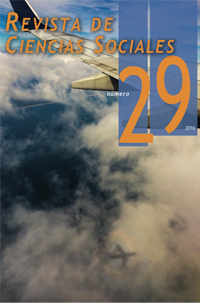Abstract
From a psychosocial perspective, this research aimed to analyze the tradition of wind music bands in a town in the south of Guanajuato, Mexico: Santo Tomás de Huatzindeo. Through the testimonies of the continuators of this tradition, it was possible to explore the psychosocial functions that musical production has in those who participate in this activity, that is, in women and men from different ages. It was found that music is a space for the creation of memory, culture, tradition and people‘s identity. In addition, music is a factor that fosters satisfaction and pride and that generates meaning as well as both personal and communitarian sense. Studying wind music in Santo Tomás is an interesting and pertinent topic for the social analysis of historical present as it informs on the transformations and belongings of communities that as Santo Tomás have built its own identity and daily life among instruments such as the tuba, the saxophone, the trumpet and others.Downloads
Download data is not yet available.

